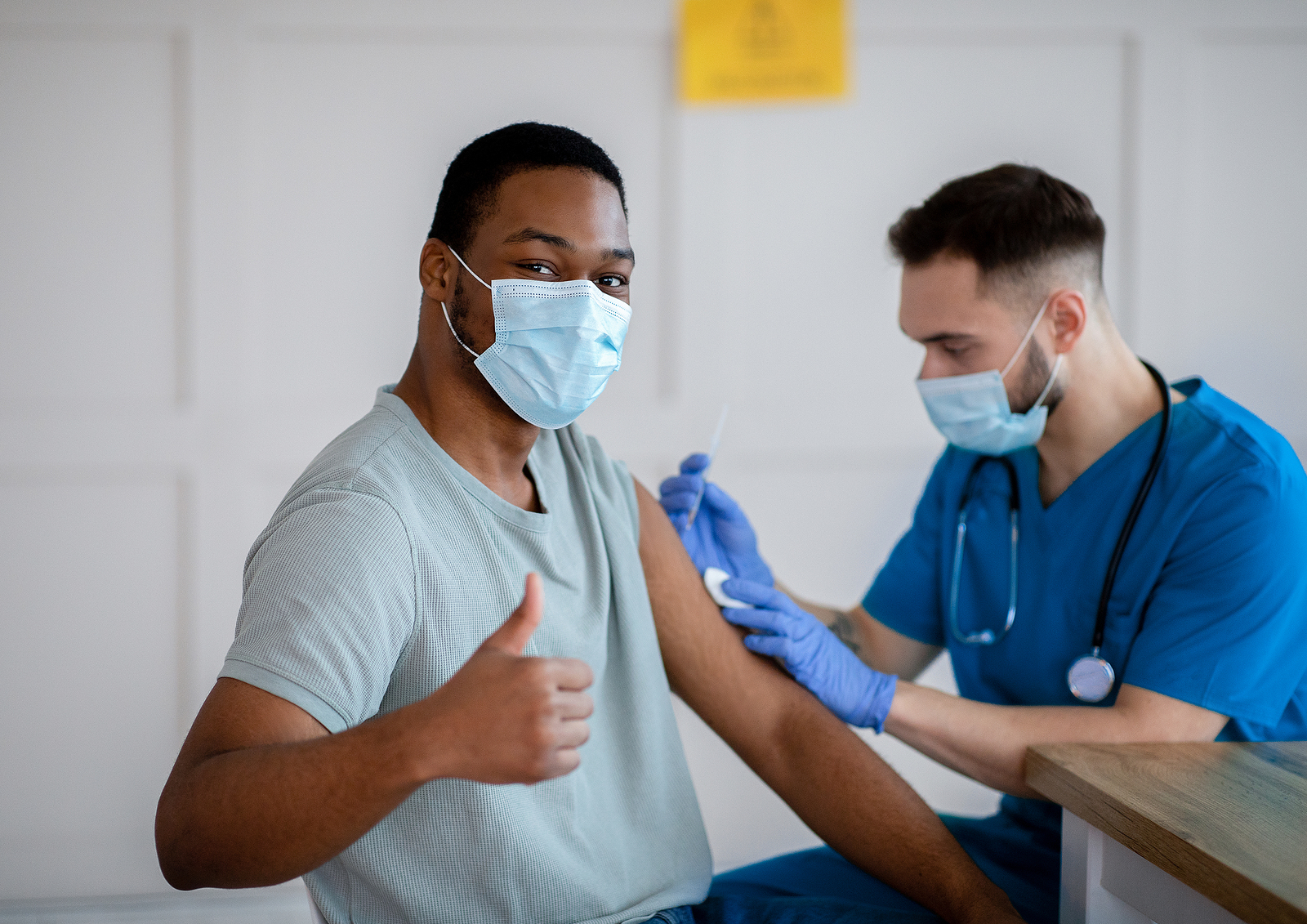Women’s health is a crucial aspect of society that deserves special attention and support. Empowering women to take control of their well-being and providing them with adequate medical aid is essential for creating a healthier and more equitable world. In this blog, we explore the vital role that medical aid plays in women’s healthcare and discuss the importance of programmes specifically designed to cater to women’s unique needs.
The Significance of Women’s Health
Women’s health encompasses a wide range of physical, mental, and social well-being issues that are distinct from those experienced by men. From reproductive health to hormonal changes, women face numerous health challenges throughout their lives. These challenges necessitate comprehensive and specialised healthcare services.
Women’s Health in South Africa
In South Africa, like many other parts of the world, women’s health is a critical area that requires attention and support. The country faces unique challenges in ensuring the well-being of women and addressing the specific health concerns they face. Let’s take a closer look at some key statistics that shed light on the state of women’s health in South Africa.
Cervical Cancer: Cervical cancer is a significant health concern for women in South Africa. The incidence and mortality rates associated with cervical cancer are high, especially among women in lower-income communities who have limited access to screening and treatment. It is estimated that approximately 5,743 new cases of cervical cancer are diagnosed annually in the country, resulting in approximately 3,027 deaths.
Reproductive Health: Access to comprehensive reproductive healthcare services, including family planning and contraception, remains a challenge for many women in South Africa. Limited access to reproductive healthcare contributes to high rates of unintended pregnancies, unsafe abortions, and maternal health complications.

Empowering Women Through Medical Aid
One of the key components of empowering women’s health is providing them with access to quality medical aid. Medical aid for women ensures that they have the necessary resources, support, and care to address their specific health concerns. It enables women to make informed decisions about their bodies, take control of their reproductive health, and maintain overall well-being.
Medical aid programmes for women play a critical role in promoting preventive care, early detection of diseases, and timely interventions. Regular check-ups, screenings, and access to necessary treatments can significantly improve women’s health outcomes. By covering a broad range of medical services, medical aid gives women the freedom to prioritise their health and seek assistance whenever needed.
Women’s Healthcare and Medical Aid
Women’s healthcare goes beyond routine check-ups and encompasses various aspects such as maternal health, family planning, reproductive rights, and support for conditions like breast cancer, osteoporosis, and gynaecological disorders. Medical aid for women should encompass these specialised services to address the unique needs and challenges faced by women.
By providing cover for preventive measures, such as mammograms and pap smears, medical aid programmes play a crucial role in early detection and reducing the burden of diseases that affect women.

The Role of medicalaid.co.za Comparison Tool
When it comes to choosing the right medical aid programme for women, it can be overwhelming to navigate through the myriad of options available. medicalaid.co.za provides a valuable comparison tool that simplifies this process. By visiting www.medicalaid.co.za and using our comparison tool, women can easily find and compare different medical aid plans tailored to their specific needs. This tool allows them to make informed decisions and select a medical aid plan that aligns with their healthcare requirements and budget.
Conclusion
Empowering women’s health is a collective responsibility, and medical aid plays a vital role in achieving this goal. By providing comprehensive cover and specialised programmes for women’s healthcare needs, having the right medical aid plan ensures access to the resources and support necessary for optimal well-being. Through initiatives like medicalaid.co.za’s comparison tool, women can take charge of their health by finding the most suitable medical aid plan. Together, let us continue to prioritise women’s health and work towards a future where every woman has the opportunity to be healthy and thrive.









